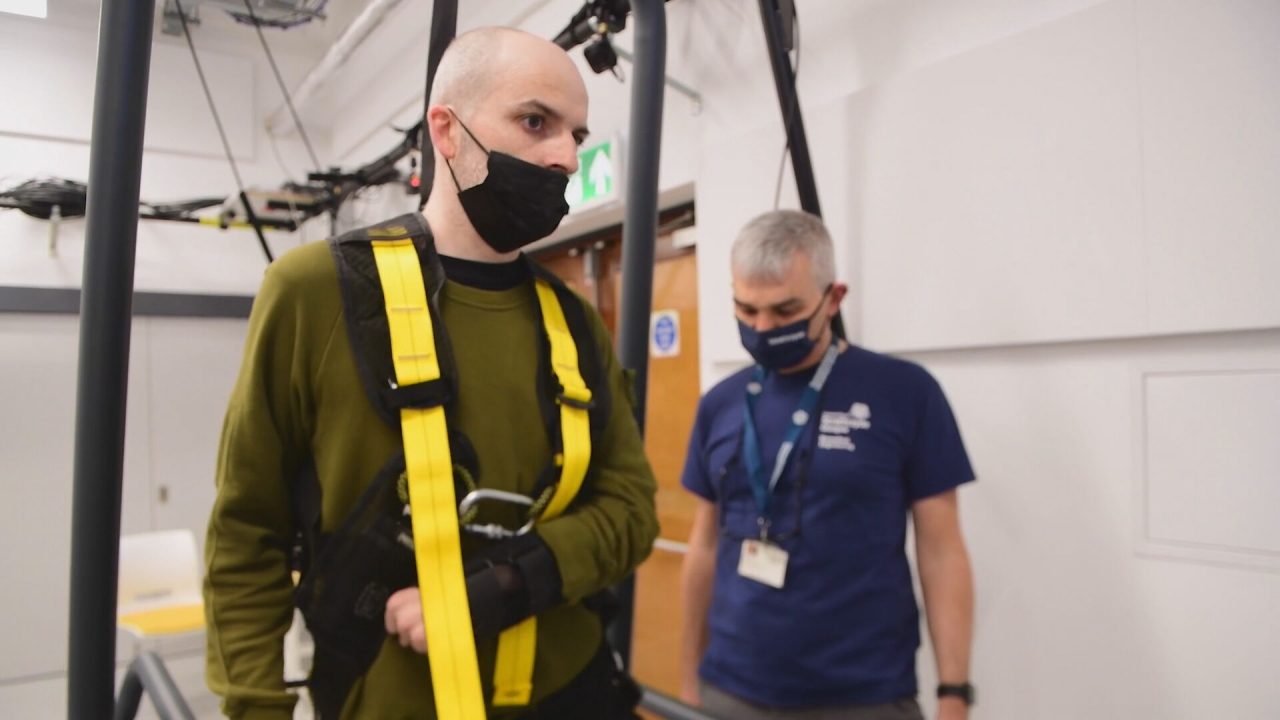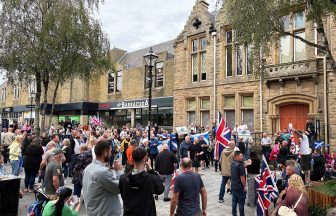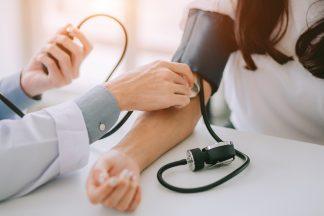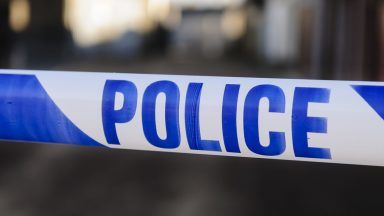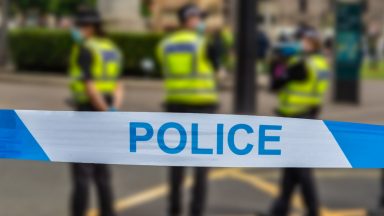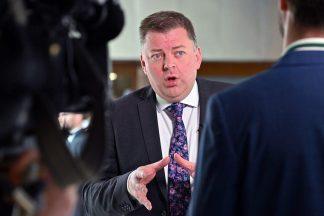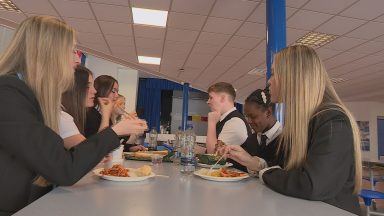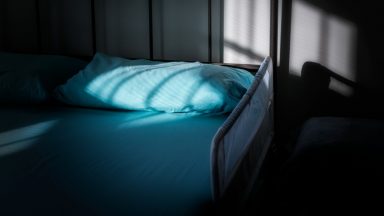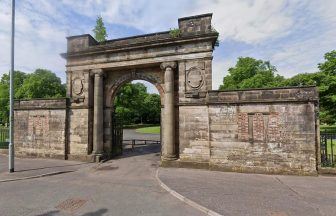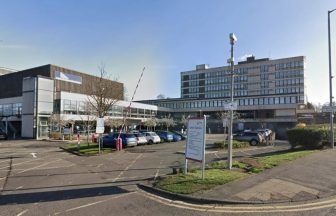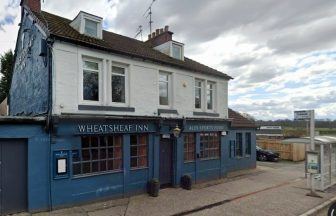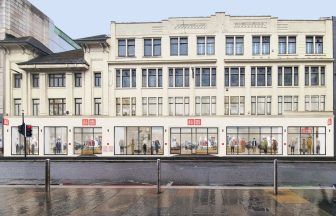Stroke survivors are benefiting from new pioneering research at the University of Strathclyde that uses interactive equipment to improve rehabilitation.
The centre is the first of its kind in Scotland and charity Chest Heart and Stroke Scotland hope it will help ease the pressure on the NHS.
David Murray is one survivor who is benefiting from the new research, having suffered a stroke ten months ago aged 41.
“I got out of bed when I woke up and went to go to the bathroom and in the morning I couldn’t walk. I tried to walk and I just fell,” he said.
“My partner noticed that my face was down a bit on one side and phoned the ambulance and the paramedics took me to the hospital.
“I was in the hospital for three months.”
The technology is in its first phase of development but it’s already proving it could transform this type of rehabilitation.
Participants can play interactive games which involve using weaker limbs in a bid to strengthen them and David says he has quickly seen an improvement.
“It was taking me 40 seconds to walk up from the gym and now I can do it in 12 seconds or something. That’s just in the space of a couple of weeks,” he said.
Dr Andy Kerr who works at the facility said: “We set up this centre to provide technology-based rehabilitation.
“So individuals come in for eight weeks, they come in twice a week for two hours and they have balance exercises, they have arm exercises, they have walking exercises, lots of different things we do.
“It’s a bit like going to a rehabilitation gym, you’re trying to develop technology that is actually useful for people.”
Linda Hanlin suffered a stroke eight years ago and struggled with the rehab which was available to her.
She is now part of the pilot group testing the University of Strathclyde’s facility.
“I got a lot of help through the NHS through the community physio and the occupational therapist and then they refer you to the rehabilitation centre.
“That tends to only last for a certain amount of time unless you get involved in something like this or further research, your rehab stops.”
The programme is in partnership with Chest Heart and Stroke Scotland who are hoping this pilot can be rolled out across the country.
“People will be able to have their rehabilitation and not in a hospital or clinic setting which is great for the NHS because it relieves pressure there but also great for the person,” explained Jane-Claire Judson from Chest Heart and Stroke Scotland.
“It is exciting to go into the centre to be part of this research project so I hope it’s a lovely experience for the person as well that’s taking part.”
The charity hopes this pilot can be rolled out across the country, so other patients can receive support like Linda and David.
Follow STV News on WhatsApp
Scan the QR code on your mobile device for all the latest news from around the country


